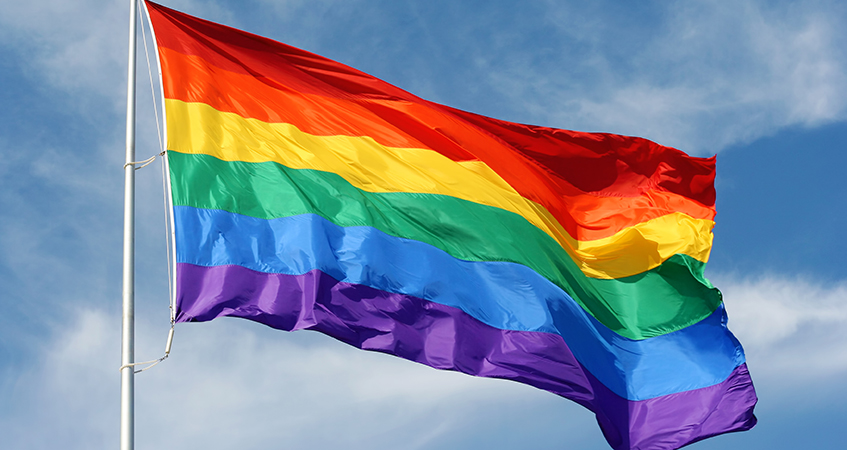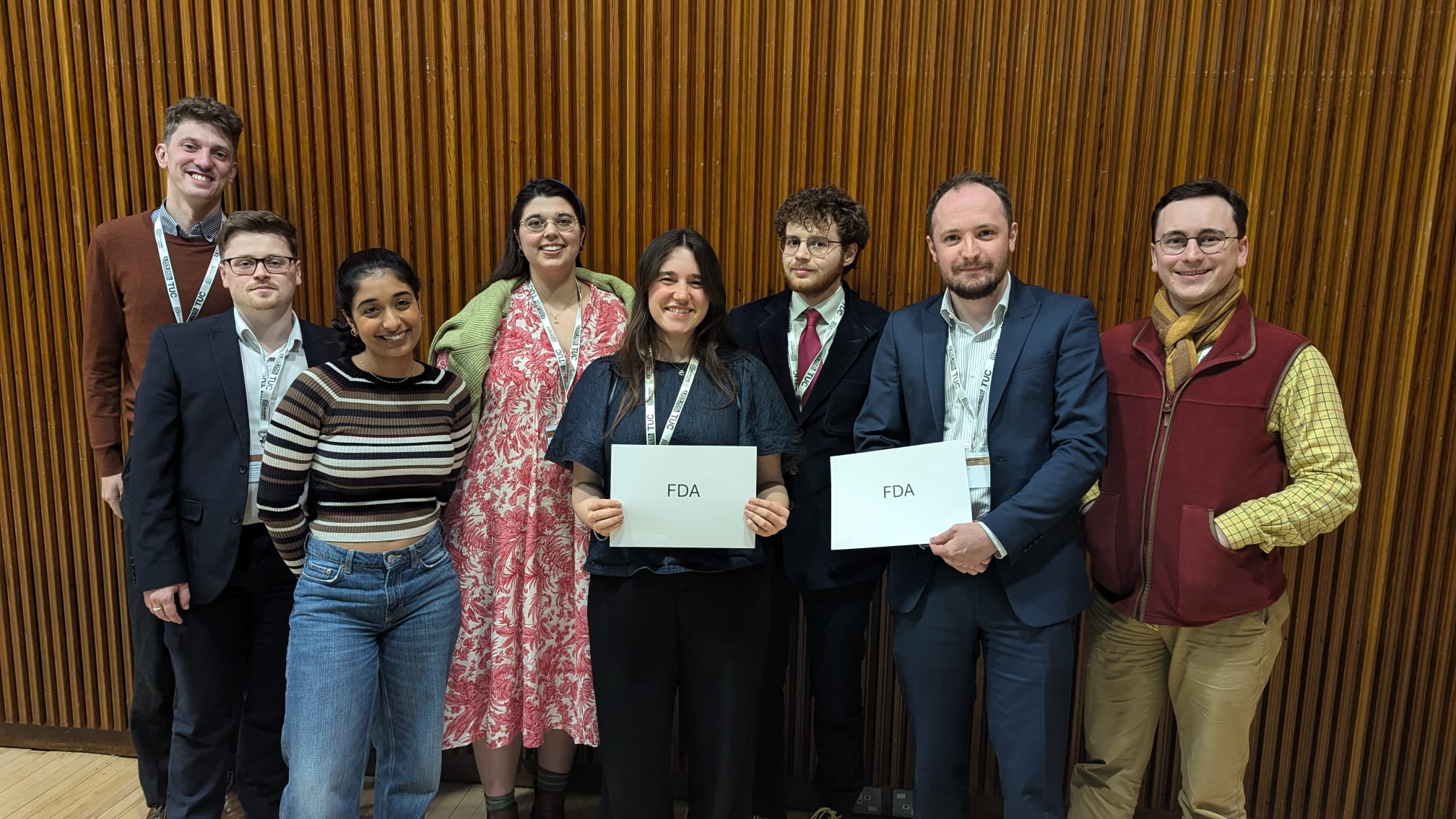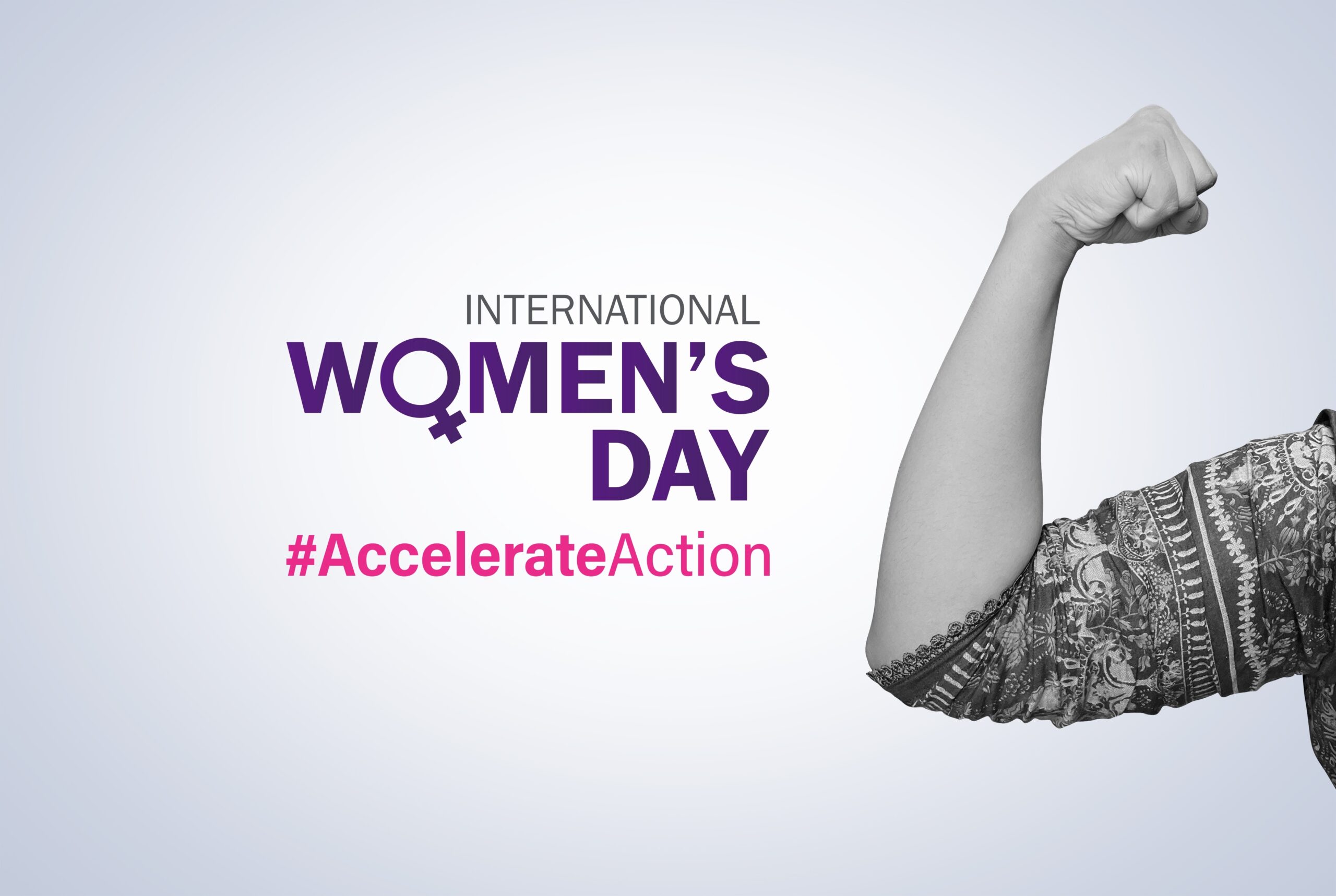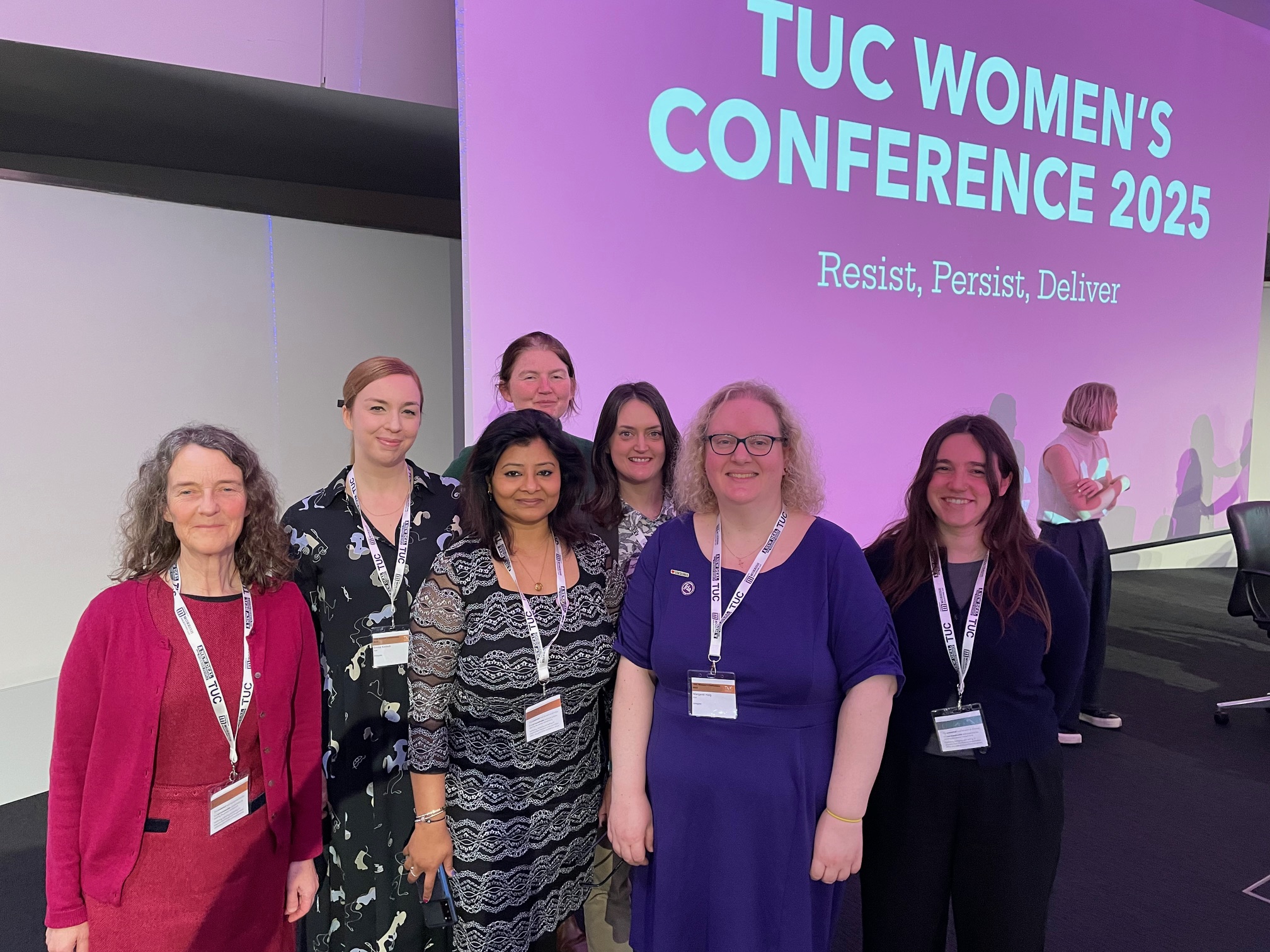Barry Snelgrove: The FDA, LGBT+ rights, and me
FDA rep and Executive Committee member Barry Snelgrove marks LGBT History Month and the union’s centenary by exploring his own journey from closeted gay man to LGBT+ activist.

Since I joined the Probation Service in 1980, the treatment of LGBT+ people at work and in wider British society has changed beyond recognition – and trade unions have been at the heart of the transformation. I’m truly grateful to my union, the FDA, for accepting me so fully and giving me a platform to further equality in the workplace.
But it’s not a ‘done job’. Only recently, in the same week, I had to complain about remarks made to me at a public event, and my son, who’s not gay, suffered homophobic abuse at a gym – in Stoke Newington of all places! We still need to fight bullying and discrimination wherever we find it and do more to reach isolated groups like Trans people, who still need greater acceptance in our workplaces.
As a youngster, I found it difficult to accept my identity as a gay man. I went through university in fear of being ‘found out’ because same sex relationships were still illegal for people under 21. I also wanted a family and, so I stayed in the closet and married my ex-wife – still my best friend today – and we had a son together in 1990.
As a member of the National Association of Probation Officers in the 1980s, I negotiated with our employer to have sexual orientation included in the equal opportunities categories. Some of the responses were quite shocking. One board member said, ”Why would we want that included? We don’t want people mincing about the courts”. That made me feel vulnerable at work, so I kept quiet and argued that it should be included on human rights grounds.
I finally came out in 1993, first to my wife and my parents, and then at work. By then I was a senior manager and I wanted to be my authentic self. It felt like a great big rucksack of bricks had been lifted off my back. But I soon found renewed prejudice against people with HIV/AIDS. In 1996, when my first boyfriend died at the age of 31, his parents wouldn’t even allow any of his gay friends to go to his funeral.
Things got better after Labour came to power in 1997, and my future husband and I became civil partners in 2006. This was an important step because it highlighted the inequality suffered by LGBT+ people from not being able to have a legal union. I’m very proud that we were able later to covert our civil partnership to marriage thanks to legislation devised by my own department, the Ministry of Justice.
After becoming a civil servant, I joined the FDA in 2013 and found a union that truly celebrated difference and empowered me to work on LGBT+ issues. I’ve held the FDA banner at Pride marches and sponsored policies to support trans people and promote new treatments for HIV and AIDS. I’m now helping to form a new group that will evolve into a more pro-active LGBT+ network for the FDA.
I’ve also found the confidence to talk to young people about my experiences, by working for a charity, Diversity Role Models, which combats homophobic bullying in schools. When we tell our story, we get their undivided attention because we’re talking from the heart. Yes, we feel vulnerable, but’s that’s why they listen. It’s an extraordinary thing to do and when I retire I’m going to do more of it.
You can change laws you can change policies, but it’s people’s attitudes that make the real difference. Just two years before I was born, Alan Turing – the man who cracked the enigma code and established the basis of modern computers – took his own life (as a disproportionate number of LGBT+ people have done) rather than choose between prison or continuing chemical castration. Who knows what Turing could have achieved if he’d been allowed to be his authentic self, and celebrated for his achievements rather than shamed for his sexual orientation?
Would you like to find out more about the FDA LGBT+ Network? Email equalitymatters@fda.org.ukfor information, and take part in our FDA LGBT+ survey.
Would you like to find out more about the FDA LGBT+ Network? Email equalitymatters@fda.org.ukfor information, and take part in our FDA LGBT+ survey.
Related News
-

FDA attends TUC Young Workers’ 2025
This March, an FDA delegation attended the annual TUC Young Workers’ Conference in Congress House, London.
-

FDA celebrates Women’s History Month 2025 with panel event
To celebrate Women’s History Month and International Women’s Day 2025 the FDA hosted a panel event looking at the history of women in the civil service and within the trade union movement.
-

FDA attends TUC Women’s Conference 2025
A delegation of FDA members attended TUC Women’s Conference 2025, held in Congress House, London, from 5-7 March.